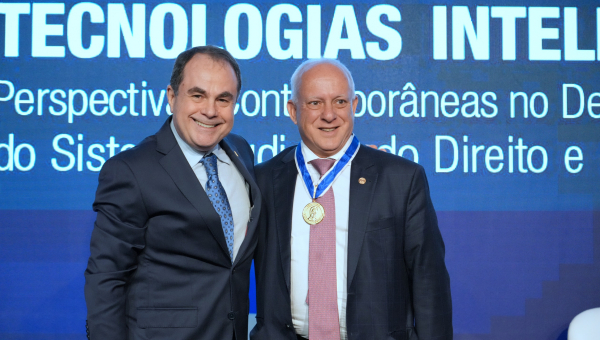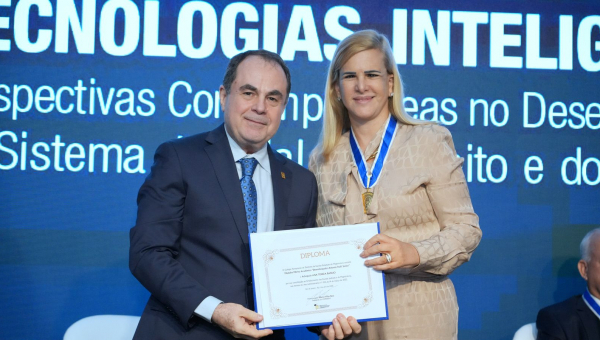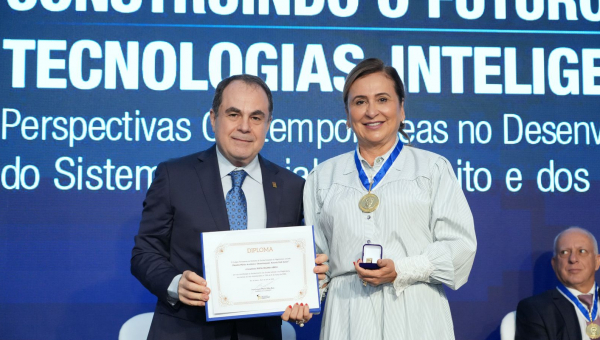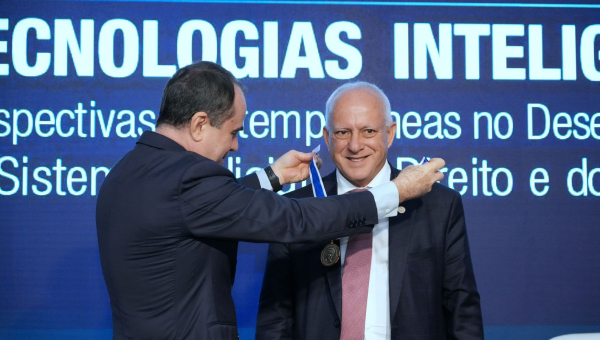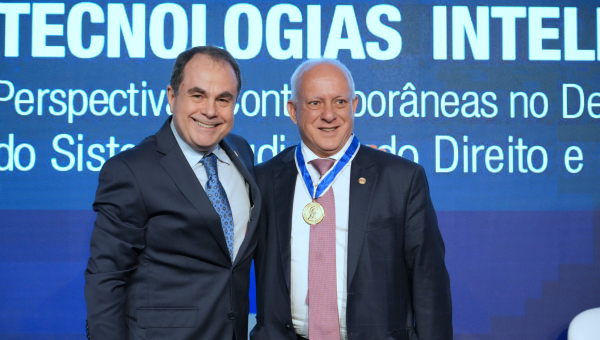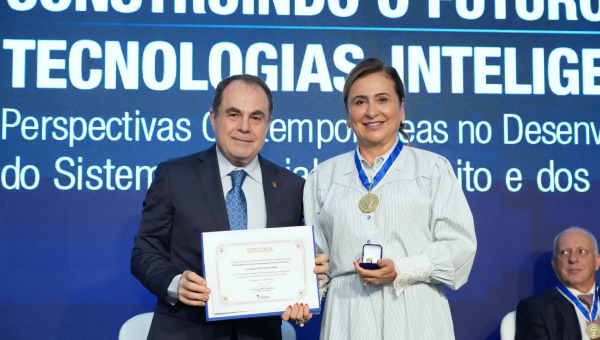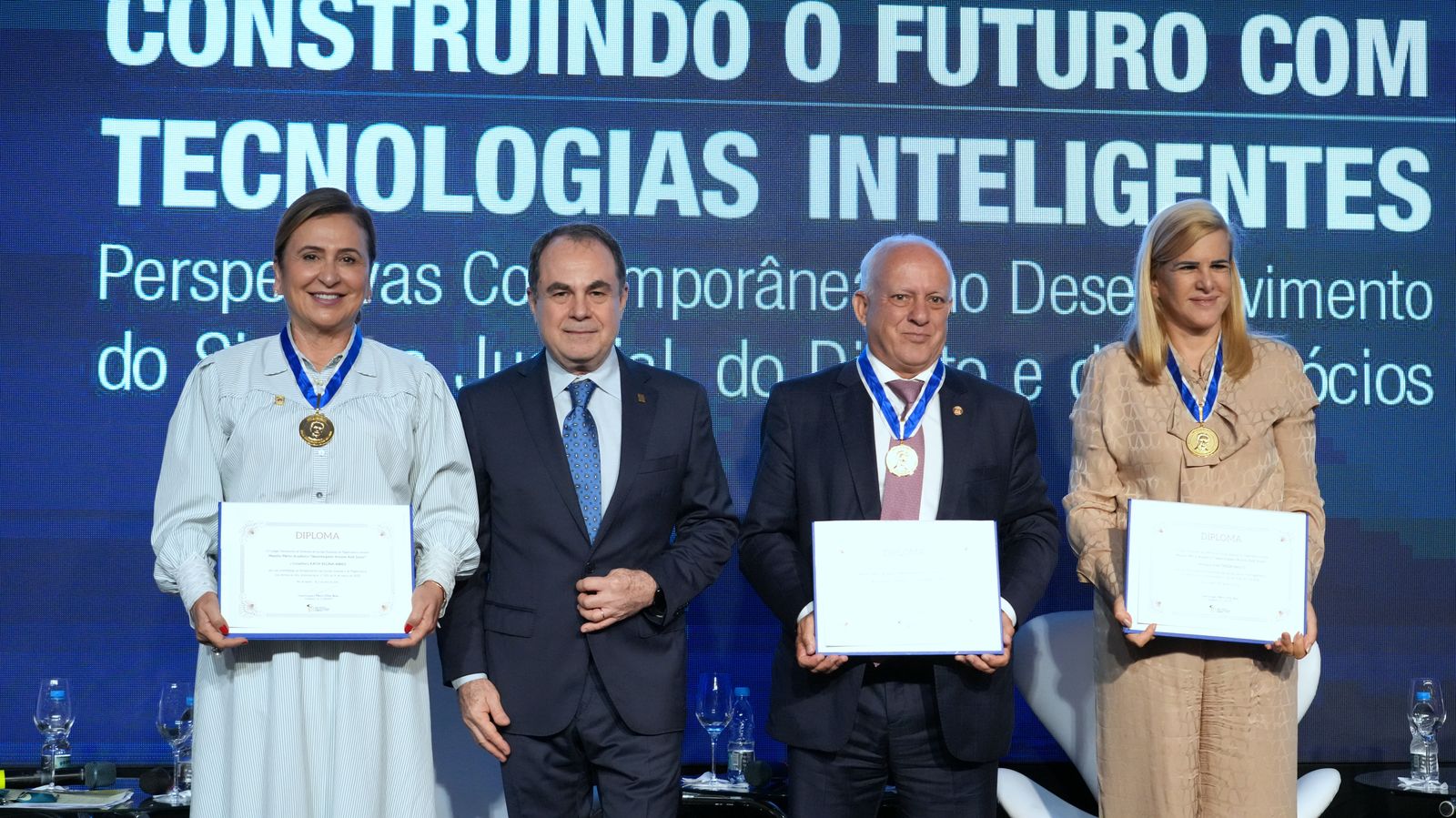
Ethics and the responsible use of artificial intelligence. The Copedem 2025 Congress began on Thursday (April 10th) in the city of Rio de Janeiro, marking two decades of work by the Permanent College of Directors of State Schools of the Magistracy.
With the theme on “Building the future with intelligent technologies: contemporary perspectives on the development of the judicial system, law and business”, the event was opened by the host, Justice Marco Villas Boas - president of Copedem and general director of the Superior School of the Judges of the State of Tocantins (Esmat) - who emphasized the relevance of the moment experienced by the Brazilian Judiciary in the face of the accelerated transformations brought about by generative artificial intelligence.
In his speech, the justice drew attention to the potential of technology, but warned of the risks of progress that is not accompanied by ethical values.
“Technology must serve humanity, not the other way around. Artificial intelligence, no matter how advanced, cannot replace human beings, especially when it comes to the judgment, empathy and sensitivity that must permeate justice," he said.
During his speech, the president of Copedem also recalled that although the future brings new possibilities for justice, this path needs to be built on critical thinking, fairness and the protection of human rights. "Our challenge is to explore ways for responsible implementation. How can we use AI to make justice more efficient and accessible, without losing sight of human dignity and due legal process?" he asked.
The event, which runs until Saturday (April 12th), brings together ministers, judges, researchers, experts from the private sector and representatives of national and international institutions in an intense programming, with panels and practical experiences of using technologies in the justice system.
Representing Justice Ricardo Couto de Castro, president of the Court of Justice of the state of Rio de Janeiro, Justice Cláudio Dell'Orto, general director of the School of the Judges of the State of Rio de Janeiro, also pointed out in his speech the role of judicial schools in building a Judiciary prepared for the future.
“Training is the starting point, but it is continuous improvement that ensures that judges and justices are prepared for new challenges and trends. And AI is one of those fronts. If lawyers are already using these tools, judges also need to be ready for it," he said.
Former senator Kátia Abreu praised the work by Marco as a respected leader in the state of Tocantins and shared her experience on the National Council for Criminal and Penitentiary Policy, where she chairs working groups focused on education in prison and the protection of children incarcerated with their mothers. “We are convinced that many of these children will soon be able to be released from prison,” she said. Kátia Abreu also recognized the importance of the theme of the Congress.
“I confess to have difficulty with technology because of our generation, but I recognize the advances it brings to the Judiciary,” she said.
Ana Tereza Basílio, president of the BAR-RJ, also highlighted the benefits of AI as a tool to support legal work, but made an important warning: "The computer may be efficient, but it doesn't have empathy, compassion or sensitivity - qualities that are indispensable to the function of judging. The same goes for the legal profession. AI should be used proficiently, but never as a substitute for human work," she explained.
Justice Ricardo Villas Bôas Cueva, from the Superior Court of Justice, stressed the need for an ethical and regulatory debate on the use of technology in Justice, highlighting the role of the Judiciary in mediation between innovation and institutional responsibility.
The occasion also saw the presentation of the Justice Antônio Rulli Júnior Medal, an honor that recognizes relevant contributions to the justice system. The recipients were Justice Cláudio Dell'Orto (on behalf of Justice Ricardo Couto), Senator Kátia Abreu and President Ana Tereza Basílio.
Justice Angela Issa Haonat was also present during the first day of the congress.
Programming
Throughout the first day of the event, participants attended lectures that covered everything from the future of artificial intelligence to challenges related to data protection, jurimetry, technological sovereignty and intellectual property.
Among the highlights were digital Inventor Miguel Lannes Fernandes, Justice Ricardo Villas Bôas Cueva, Professor Luca Belli, expert Domingo Montanaro, IT secretary Daniel Haab of the TJ-RJ, Judge Caroline Tauk, Lawyer Ana Carolina Cagnoni, among other invited experts.




